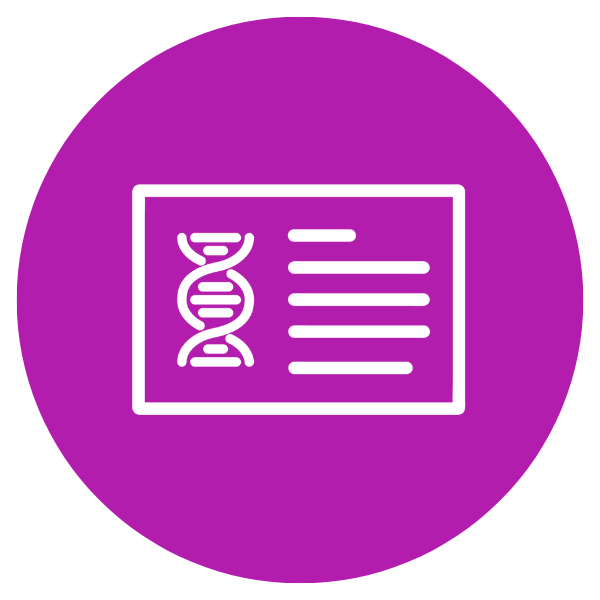
There may be a root cause for seizures. Let us help you find it.
We’ve teamed up with Genome Medical, a medical practice specializing in telehealth genetic services, to help you get quicker access to genetic counselors and testing. Uncover the answers you need and take the next step toward more personalized care for epilepsy.









